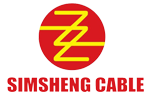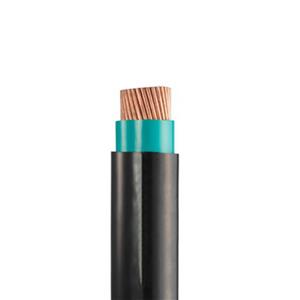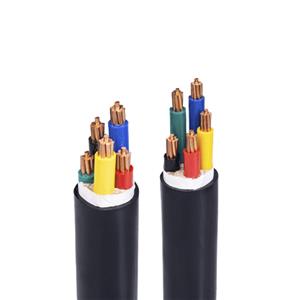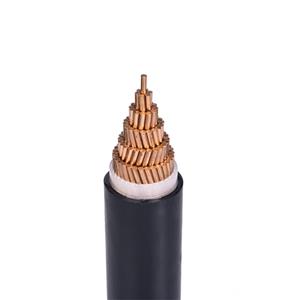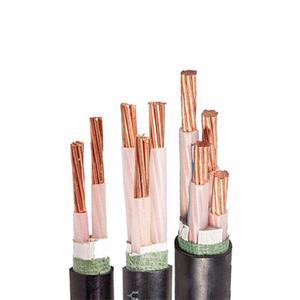4 reasons that affect cable insulation resistance
The insulation resistance of wire and cable products mainly measures the volume resistance of the cable insulation. The surface resistance is not measured. There are many factors that affect the resistance value of wires and cables. In practice, the main three factors have a greater impact on the insulation resistance coefficient. The specific details as following:
1. Effect of temperature
As the temperature rises, the insulation resistance coefficient decreases. This is due to the increase in thermal movement and the increase in the generation and migration of ions. Under the action of voltage, the conduction current formed by the movement of ions increases, so the insulation resistance decreases. Theory and practice show that the insulation resistance coefficient decreases exponentially as the temperature increases, while the conductivity increases exponentially as the temperature increases.
2. Influence of electric field strength
When the electric field strength is in a relatively low range, the mobility of ions increases with the increase of the electric field strength, in a proportional relationship. The ion current and the electric field strength obey Ohm's law. When the electric field strength is relatively high, the ion mobility increases with the increase of the electric field strength. The increasing trend gradually changes from a linear relationship to an exponential relationship. When it is close to breakdown, a large amount of electron migration will occur, and the insulation resistance coefficient will be greatly reduced.
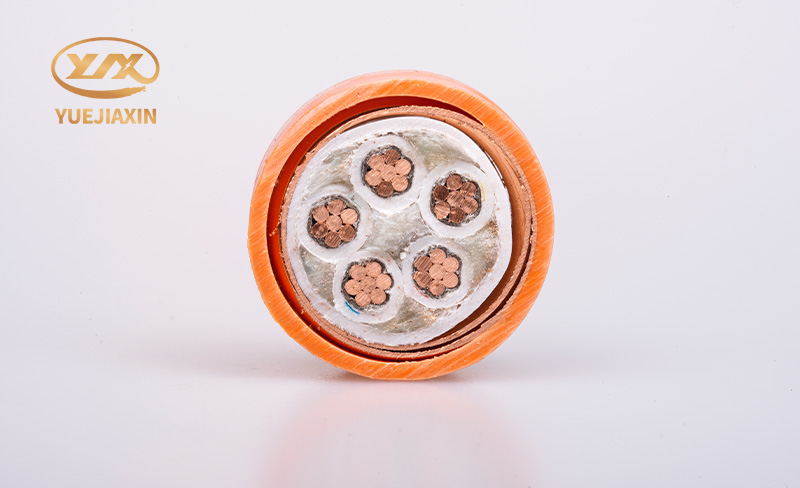
3. Effect of humidity
Since small ones have large electrical conductivity, and the size of water molecules is much smaller than that of polymer molecules, under the action of heat, the polymer macromolecules and the constituent links move relative to each other, and the water molecules can easily penetrate into the polymer, causing the polymer to The number of conducting electrons increases and the insulation resistance decreases.
Insulation resistance is one of the main electrical properties of insulating materials. It is an important indicator of wire and cable products or materials. Generally, the insulation resistance is required to be not less than a certain value. If the insulation resistance value is too low, the leakage current along the wire and cable lines will inevitably increase, resulting in a waste of electrical energy. At the same time, the electrical energy turns into heat energy, preparing conditions for thermal breakdown and increasing the possibility of thermal breakdown.
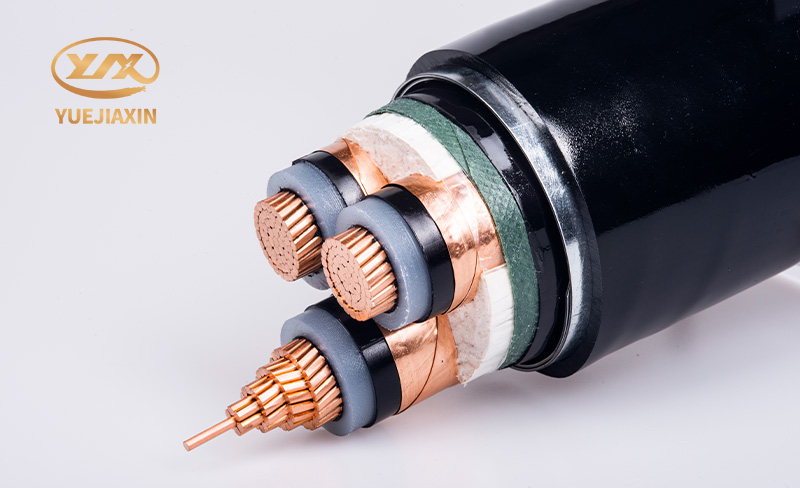
4. Influence of material purity
Impurities mixed into the material increase the conductive peak in the material and reduce the insulation resistance. Therefore, the insulation resistance of a certain rubber and plastic material will reflect the purity of the material. Verify whether it meets the standard requirements. In wires and cables During the production process, if the operating procedures are not strictly followed during the process, impurities are mixed, the material is blistered due to moisture, the insulation is eccentric or the outer diameter is smaller than the standard, the insulation is delaminated or cracked, the insulation is scratched, etc., all will cause the insulation of the product to deteriorate. The resistance decreases, so when checking the insulation resistance, you must check whether there are problems during the process operation. During the use of wires and cables, measuring the changes in insulation resistance can also check for insulation damage and prevent accidents.
- PVC-Insulated Cable
- 450/750V BV Single- Core Cu/PVC Cable
- 450/750V BVR Single- Core Cu/PVC Cable
- 300/500V Or 450/750V RV Single-Core Cu/PVC Flexible Cable
- 300/500V Or 450/750V RVV Multi-Core Cu/PVC/PVC Flexible Black Cable
- 300/500V Or 450/750V RVV Multi-Core Cu/PVC/PVC Flexible White Cable
- 300/500V Or 450/750V RVVP Multi-Core Cu/PVC/CWS/PVC Screened Flexible Cable
- 450/750V KVV Multi-Core Cu/PVC/PVC Control Cable
- 450/750V KVV22 Multi-Core Cu/PVC/STA/PVC Armoured Control Cable
- 450/750V KVVP Multi-Core Cu/PVC/CWS/PVC Screened Control Cable
- 450/750V KVVP2-22 Multi-Core Cu/PVC/CTS/STA/PVC Screened Armoured Control Cable
- 0.6/1KV PVC-Insulated PVC-sheathed Single-Core Power Cable
- 0.6/1KV PVC-Insulated PVC-sheathed Multi-Core Power Cable
